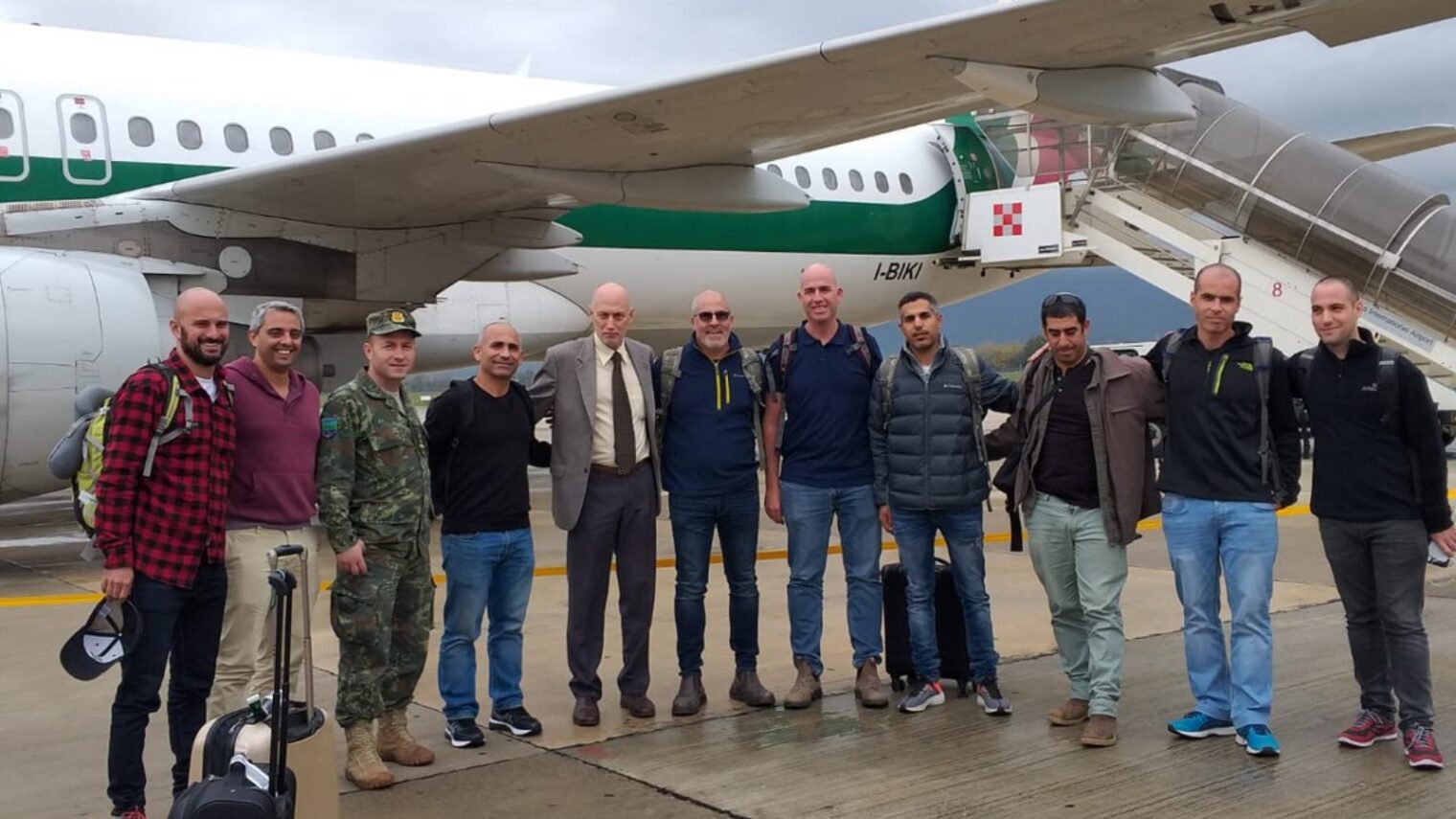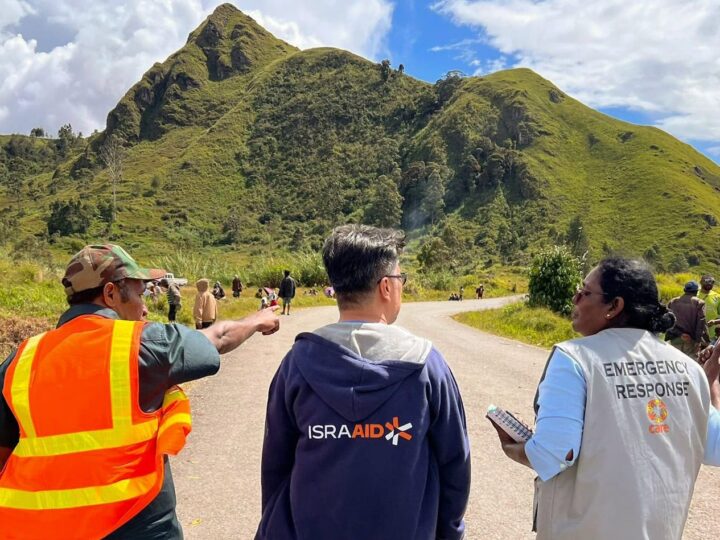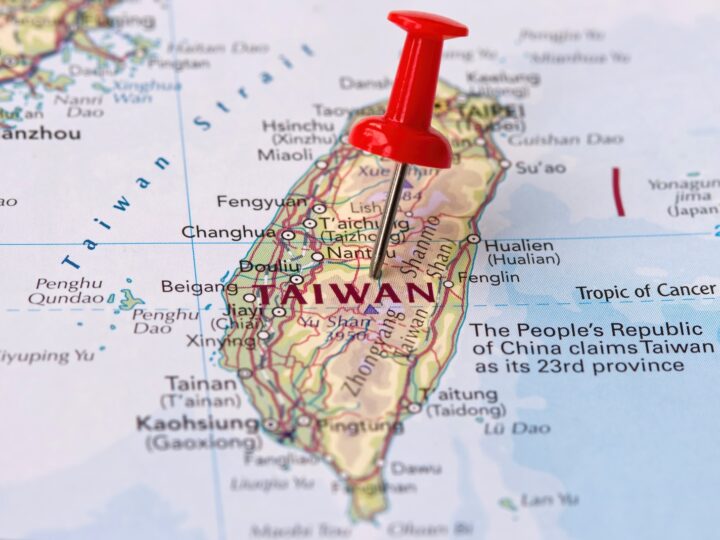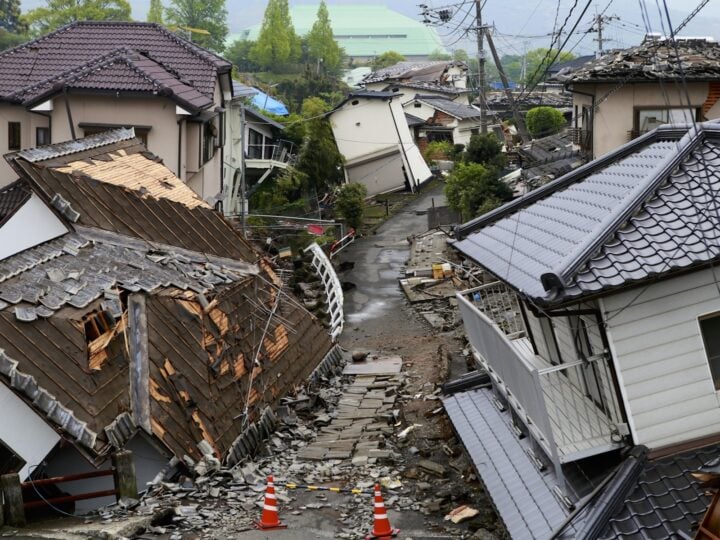“We just dispatched an IDF humanitarian aid delegation to Albania following the devastating earthquake that took 50+ lives and left thousands injured,” the Israel Defense Forces (IDF) tweeted early Tuesday morning as aftershocks continued in the Balkan country.
The 6.4-magnitude earthquake shook Albania on November 26, followed by tremblors including a 5.3-magnitude aftershock on November 27. The quakes have killed 51 people, injured more than 3,000, displaced 6,000, and damaged about 7,900 buildings countrywide.
On November 27, members of a search-and-rescue crew from the Mevo’ot HaHermon Regional Council in northern Israel flew over to assist victim relief efforts in Albania.
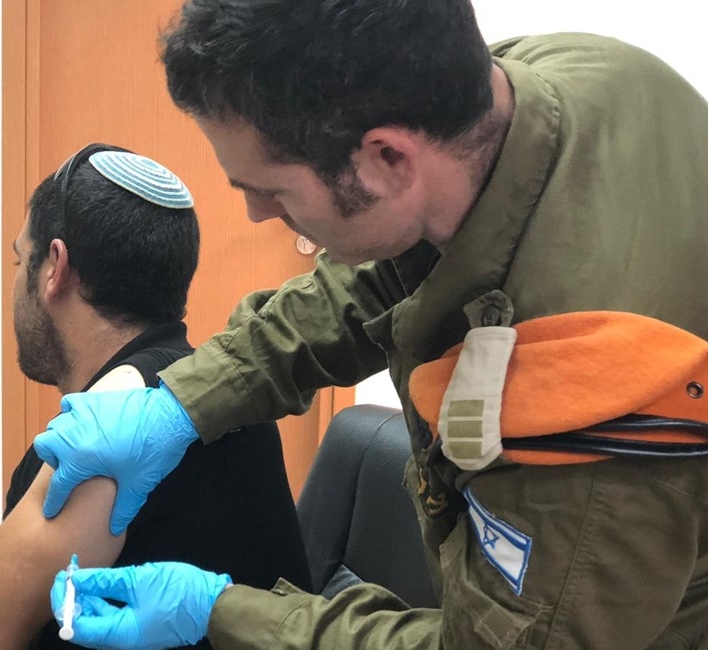
The second Israeli delegation sent on December 3 included 10 IDF Home Front Command engineering and structural specialists and reservists. They took Israeli technological equipment to assess damage and evaluate the structural safety of damaged buildings.
Based on these assessments, the IDF experts will make recommendations to local officials about which areas are safe and which are not.
Led by National Rescue Unit Commander Colonel (Res.) Golan Vach, the delegation also brought waterproof tents to shelter Albanian citizens evacuated from their homes.
The tents were purchased by the Israeli Foreign Ministry for the Albanian government, which appealed to the international community for financial aid and expert assistance after the quake.
A history of helping countries after natural disasters
Albania is 1,754 kilometers (1,090 miles) from Israel. The IDF has responded to disasters much farther from home.
“It’s not the first assistance delegation the IDF has sent, and it probably won’t be the last,” IDF International Spokesman Lt. Col. Jonathan Conricus tells ISRAEL21c.
“Almost a year ago we sent a delegation to Brazil [following a dam collapse] and in 2017 to Mexico City [after a series of earthquakes],” Conricus points out.
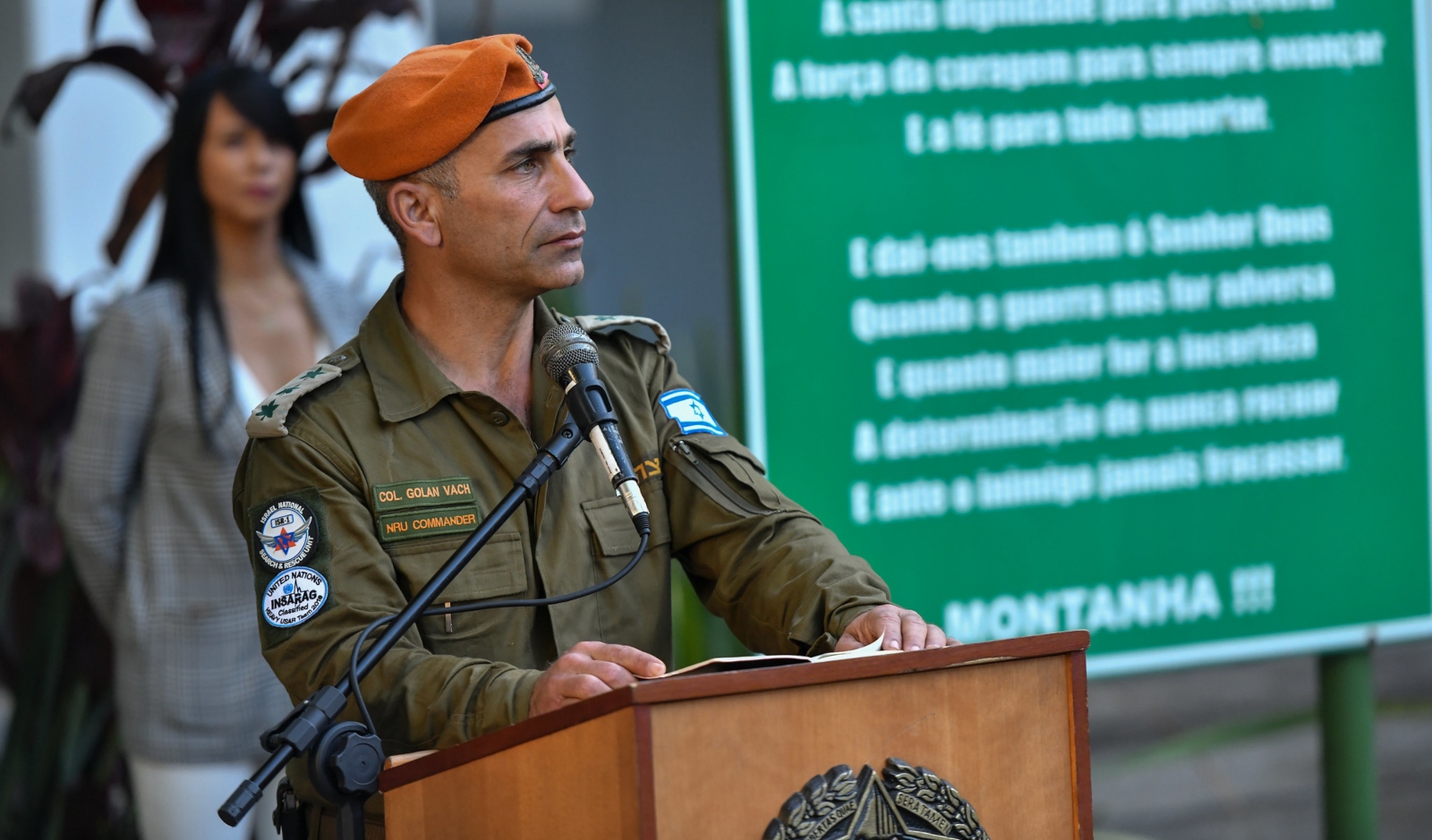
“The delegation to Albania is more similar to the Mexico City one because it’s focused on damage assessment, evaluating buildings and making safety recommendations. It’s not a big contingent with a field hospital.”
In 2016, the World Health Organization ranked the IDF field hospital as the best in the world, recognizing Israel as the leader in field medicine and disaster relief.
The previous year, in response to the devastating earthquake in Nepal, the IDF had sent a fully equipped 60-bed field hospital staffed by 122 Israeli medical support personnel and 45 physicians. The field hospital doctors treated nearly 1,600 patients, performed 85 surgeries and delivered eight babies.
The IDF field hospital also was set up in the Philippines to provide care in the wake of Typhoon Haiyan in November 2013; and in 2010 in Haiti following a massive earthquake.
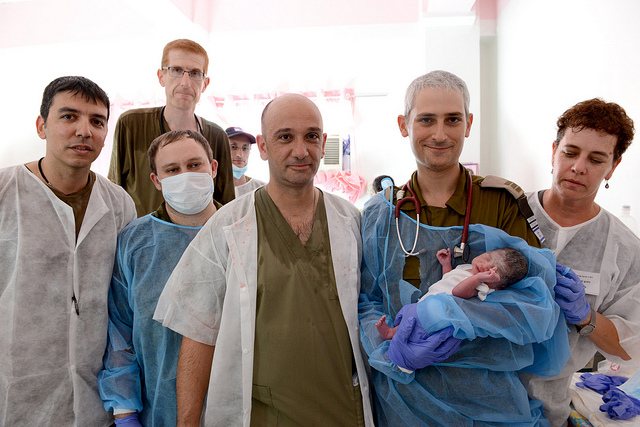
Conricus said the decision to send help to Albania was made on the governmental level. “We carry out orders from the cabinet and prime minister,” he said.
Albania, a largely Muslim country, has had diplomatic relations with Israel since 1991. Noah Gal Gendler is Israel’s ambassador at the embassy in Tirana.
Yuli Edelstein, Speaker of the Knesset, wrote to his counterpart in Albania that “Israel views Albania as a dear friend, and I am proud that our rescue and medical professionals are on hand to help the dedicated local teams in the efforts to save additional lives.”
Foreign Minister Yisrael Katz posted on December 3: “We stand with our Albanian friends during this difficult time and will continue to assist them in any way we can.”
A formal statement issued by Israel’s military concluded: “The IDF will continue to assist, in the name of the State of Israel, in whatever disaster it requires and contribute to its experience and capabilities worldwide.”




